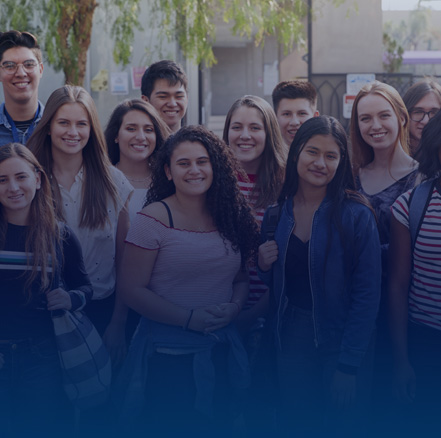ADEQUACY WORKGROUP
More Information
Commission Recommendations Report (PDF) Institution Funding Profiles (PDF) Detailed Model (xlsx)
This Commission was created by PA 102-0570 to recommend at a minimum “specific data-driven criteria and approaches to the General Assembly to adequately, equitably, and stably fund public universities in this State and to evaluate existing funding methods.”
Its work is aligned with the state’s new higher education strategic plan, A Thriving Illinois: Higher Education Paths to Equity, Sustainability, and Growth, which outlines the need to invest in higher education in a way that is equitable, stable and sufficient, creating a set of core principles that will be the foundation of any new funding approach.
The Commission must provide a report of its findings to the General Assembly no later than July 1, 2023. The report must include recommendations for an equity-centered funding model to distribute state resources to public universities. In addition to fulfilling the core principles for the new funding approach laid out in A Thriving Illinois, the Commission’s recommendations must also address specific criteria.
Co-Chairs
Representative Carol Ammons
Pranav G. Kothari, Chair IBHE
Martin Torres,
Deputy Governor for Education
Legislative Members
Senator Mike Halpin
Senator Dale Fowler
Senator Terri Bryant
Representative Katie Stuart
Representative Dan Swanson
Representative Mike Marron
An equitable, sufficient, and stable funding system would:
Specific data-driven criteria and approaches to adequately, equitably, and stably fund public universities in this State and to evaluate existing funding methods
Specific criteria and funding approaches to establish an equity-based funding model for allocation of State funds to public universities
Remediating inequities that have led to disparities in access, affordability and completion for underrepresented students
Providing incentives to enroll underrepresented students
Allowing ongoing monitoring and continuous improvement in funding models
Guidelines for how funding is distributed in times of economic hardship
Funding for institutions that serve underrepresented students, including graduate and professional students
Supporting individual missions, including research and health care
Fostering economic activity and innovation by universities’ activities
Considering the percentage of institutional aid
Considering the number of undergraduates engaged in research
Supporting institutional efforts to recruit and retain world-class faculty
Holding all universities harmless to their current funding level
Considering the long-term implications and outcomes of funding system
Ed. Trust's Re-Imagining Outcomes-Based Funding (PDF), synthesizes the research around funding approaches to outline how states can work toward equity; provides a set of essential recommendations for more intentional funding model design and implementation.
Lumina's Illinois Postsecondary Investments (PDF) brief provides helpful context regarding Higher Ed. funding trends in Illinois.
The Century Foundation Report, provides some history of educational adequacy, exploring the relationship between adequacy and the economic self-sufficiency of students.
An Examination of the Costs of Texas Community Colleges
An Examination of the Costs of Texas Community Colleges Appendices
Please see the report of the final recommendations above.
The Adequacy, Resources and Technical Workgroups (workgroups) for the Illinois Commission on Equitable University Finance (Commission) will inform the analytical, data and technical modeling of the Commission’s work. The workgroups are composed of a subset of Commission members or other assigned representatives. The workgroups, supported by IBHE and HCM, will expand the capacity of the Commission’s work between full Commission meetings, providing opportunities to dig deeper around concepts and considerations advanced by the Commission.


